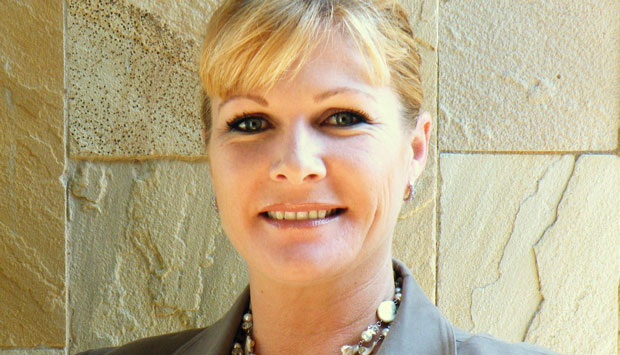
Crime is threatening to tear apart South Africa’s fledgling fibre-optic telecommunications industry as naked corruption by local government officials, deliberate damage to infrastructure by criminal syndicates and repeated threats of physical violence force sector players to stop building networks in parts of the country that desperately need access to broadband.
TechCentral spoke to key industry players this week, who shared information on condition of anonymity for fear of victimisation by local government authorities and criminals who are trying to extort money from them to allow them to continue with their work. They have stories of armed gangs threatening their employees. And they are now pulling out of multimillion-rand build projects in areas from Soweto, near Johannesburg, to Sedibeng, a municipality in southern Gauteng, because of fears for the safety of their employees.
The situation has got out of control and needs urgent attention at a top level in law enforcement and in national government, says Juanita Clark, CEO of the FTTH Council Africa, an industry body that represents a wide range of fibre-optic telecoms players.
Clark says that when companies that are deploying fibre, or their contractors and subcontractors, take issue with attempts at extortion on the ground, they are often being “physically threatened”.
“The frequency of reports show there is an upward trend in the number of incidents,” she says. “This is very worrying.”
The problems are also resulting in lengthy delays in fibre-optic deployments, leading to financial losses. “They have become serious obstacles to sustainable broadband deployment in some areas,” she says. “It is not unusual for guns to be waved in the faces of contractors trying to do their jobs. Some contractors have fled from project sites when they feared for their safety.”
Clark says the problem poses a big threat to government’s plan to deliver universal broadband access in South Africa by 2020. “We intend seeking an audience with the minister of communications to discuss the matter.”
A senior executive at one of South Africa’s largest independent fibre players says his company has encountered huge challenges in rolling out infrastructure in the Sedibeng municipality, which includes large parts of southern Gauteng, in particular. The company was forced to stop construction in the area in November last year after its employees were confronted at gunpoint and some of them assaulted.
“It’s like gangsterism. It’s extortionist behaviour,” the executive says, adding that he believes communications minister Dina Pule needs to brief the South African Police Service on the problem.
“The minister must go and speak to [national police commissioner] Rhea Phiyega and say this problem is threatening Vision 2020 [to deliver broadband to all]. The police need to enforce the law.”

The MD of another fibre infrastructure developer says the situation in Soweto is “just as hectic” as in Sedibeng. The problem, he says, begins with local ward councillors. If a project runs through four wards, the councillor in each ward insists on the use of local labourers. “You get forced to hire these guys, but as soon as you walk out of that sector, you have to hire new guys.”
This proves hugely costly, and the labourers used dig as little as a metre a day, whereas they should be digging at least five metres a day each. “If you question this, they’ll threaten you and walk off site.”
Often, the labourers, who are paid above minimum wage, will quit, without notification, after a day or two, taking the expensive protective clothing they’ve been given with them.
But it’s the threat of violence that concerns the companies most. “We’ve had project managers told that if they come back tomorrow, they will be killed,” an industry player says. “You have guys stealing equipment, which is a problem. You have the ward councillors pushing for bribes, and they make life difficult if you don’t give them what they want. We don’t pay the bribes, and projects that should take five weeks to finish end up taking months.”
He says he is now turning down work. “I’ve just turned down 12km of work in Soweto, a R3,6m project. We were running at a loss and the guys’ lives were at risk. This whole situation led me to retrenching staff last year. Subcontractors are running at a loss and closing their doors because of the short-sightedness of ward councillors who are doing this just to get more votes.”
Another industry player says employing armed guards to protect employees while they deploy fibre networks is not an option as it would put the guards’ lives in danger. “You could have another Marikana on your hands. It would be war. Besides, you can’t guard that infrastructure 24 by seven. The moment you leave, they [the criminals] will rip it out of the ground. And it’s happened before.”
Using machines to trench also doesn’t fly. One executive says that, in one instance, where his company tried mechanical trenching in Soweto, the community threatened to burn the equipment. Another company experienced a similar problem in Mamelodi, where ward councillors immediately stopped its roll-out, insisting that local labourers be used. — (c) 2013 NewsCentral Media




